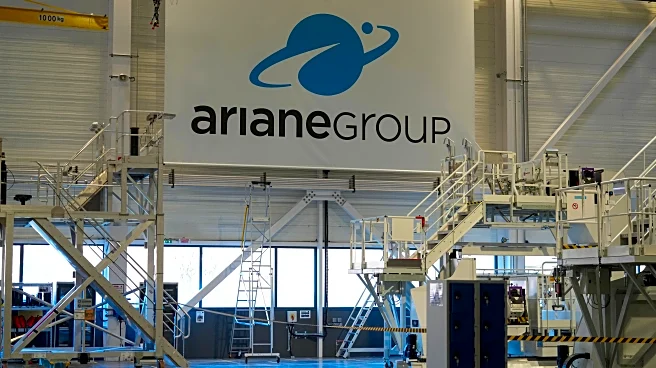What's Happening?
A randomized clinical trial examined the efficacy of genetic counselling for individuals with familial colorectal cancer. The study involved two groups: one receiving usual care and the other receiving genetic counselling in addition
to usual care. The trial aimed to assess empowerment, anxiety, depression, and risk perception among participants. Results indicated increased perceived knowledge but no significant change in risk perception or anxiety levels. The trial highlights the complexities of genetic counselling and its impact on patients' understanding and emotional well-being.
Why It's Important?
This trial provides valuable insights into the role of genetic counselling in managing familial colorectal cancer. While it enhances patients' knowledge, the lack of impact on risk perception and anxiety suggests the need for more comprehensive approaches. Understanding the psychological effects of genetic counselling can inform future practices and improve patient support. The findings may influence healthcare policies and the integration of genetic counselling in cancer care.
What's Next?
Further research is needed to explore the long-term effects of genetic counselling and its integration into standard cancer care. Healthcare providers may consider developing tailored counselling strategies to address emotional and psychological needs. The trial's outcomes could lead to improved guidelines and training for genetic counsellors.












